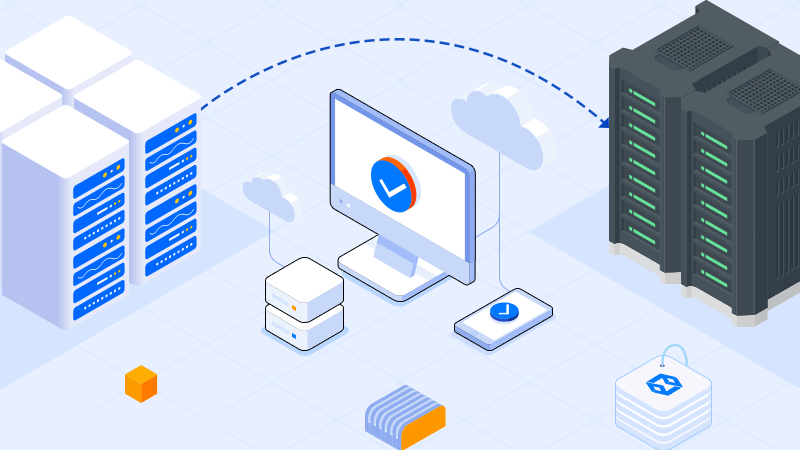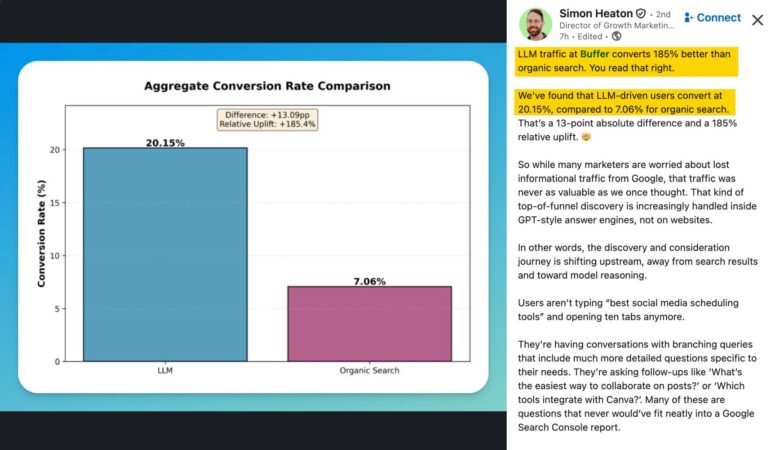

In today’s hyper-connected digital economy, your web hosting infrastructure is more than a technical foundation—it’s a strategic asset that shapes user experience, security, and your business’s ability to scale. As digital transformation accelerates and global competition intensifies, knowing when to upgrade your server or hosting plan is key to sustaining reliable performance, protecting customer data, and supporting expansion. Whether you manage a growing eCommerce platform, an international SaaS product, or an enterprise application, recognizing the signs of a necessary server upgrade can ensure your online presence remains resilient and future-ready.
Why Upgrade Your Hosting or Server?
Every website and application starts with basic hosting—often on a shared environment—ideal for lean startups, personal blogs, or small business sites. However, as your audience grows, your data requirements expand, and security demands intensify, the limitations of entry-level hosting become evident. Upgrading your hosting plan or migrating to more powerful solutions like VPS, cloud, or dedicated servers can unlock the performance, reliability, and compliance needed in a modern digital landscape.
Signs You Need a Hosting Upgrade
- Performance Bottlenecks: Slow load times, sluggish backend operations, or site timeouts during traffic spikes indicate your current resources are maxed out. Website speed is a direct driver of user satisfaction and search engine ranking—delays can result in lost conversions and diminished trust.
- Frequent Downtime: If you experience repeated outages or downtime beyond industry standards (99.9% uptime), your brand reputation and sales can suffer. Consistent uptime is a critical expectation for both customers and search engines.
- Resource Limit Alerts: Many shared hosting plans impose strict limits on CPU, memory, and processes. Reaching or exceeding these thresholds is a clear signal to consider a hosting or server upgrade.
- Security and Compliance Needs: As your business matures, you may handle sensitive customer data or face compliance requirements (such as PCI-DSS or GDPR). Advanced hosting solutions offer better isolation, customizable firewalls, and robust DDoS protection to mitigate security risks.
- Customization and Control: The need to install custom software, configure server-level settings, or run specific applications often goes beyond what shared or basic cloud hosting allows. Upgrading to a VPS or dedicated server provides the required flexibility and control.
- Business Growth and Scalability: Sudden increases in traffic—whether seasonal, due to successful marketing, or organic growth—can quickly overwhelm basic hosting. Scalable hosting solutions let you add resources on demand to maintain optimal user experiences.
When to Upgrade: Shared Hosting to VPS, Cloud, or Dedicated Solutions
The upgrade path for hosting typically follows your business’s growth trajectory:
- Shared Hosting: Ideal for low-traffic, static websites or early-stage projects. Upgrade when you need dedicated resources, better security, or enhanced performance.
- VPS Hosting: Suits growing businesses, eCommerce stores, and development environments requiring guaranteed resources and root access. Move up when you need more power, isolation, or custom configurations.
- Cloud Hosting: Best for unpredictable traffic, global reach, and high availability. Cloud hosting enables seamless scaling, redundancy, and load balancing—perfect for fast-growing SaaS or content platforms.
- Dedicated Servers: Critical for enterprises needing full control, maximum security, and the ability to run resource-intensive applications. Choose this when compliance, advanced customization, or hosting multiple large projects is required.
Reasons to Upgrade Your Server or Hosting Plan
- Enhanced Performance: Modern websites rely on SSD/NVMe storage, dedicated memory, and high-speed network connections to deliver fast, reliable experiences. Upgrading ensures you meet user expectations and SEO requirements.
- Improved Security: Isolated environments, advanced firewalls, and proactive DDoS mitigation protect your business from evolving cyberthreats and data breaches.
- Scalability and Flexibility: As your business expands, scalable hosting lets you adjust resources instantly—supporting everything from flash sales to international launches.
- Compliance and Data Sovereignty: Regional regulations may require your data to be stored locally or under certain jurisdictions. Upgraded hosting solutions, like those offered by Dataplugs in Hong Kong and Los Angeles, help meet these demands.
- Operational Reliability: Enterprise-grade infrastructure with 24/7 expert support minimizes downtime, ensuring your business remains accessible and competitive.
Selecting the Right Hosting Partner for Your Upgrade
The transition to advanced hosting is not just about more resources—it’s about choosing a provider with robust infrastructure, global network coverage, and trusted support. Dataplugs delivers enterprise-level hosting services, featuring carrier-grade networks, low-latency direct connections to Mainland China, Tier 3+ data centers, and premium hardware. Their seamless scalability, 24/7 technical support, and comprehensive security services empower businesses to upgrade with confidence and minimal disruption.
Why Choose a Dedicated Server: Maximum Control and Power
Upgrading to a dedicated server gives your business exclusive access to all hardware resources, ensuring peak performance and robust security. This setup is ideal for high-traffic sites, complex applications, or organizations with strict data and compliance needs. With full control over software and configurations, dedicated servers deliver unmatched stability and scalability as your business grows.
When to Upgrade to a Dedicated Server
Certain scenarios call for a dedicated server. If your business faces regular traffic surges, runs resource-heavy applications, or must comply with strict data regulations, dedicated hosting is essential. It’s also the top choice for managing multiple projects under one roof, reducing complexity and improving reliability for mission-critical workloads.
The Upgrade Process: Planning and Migration
Transitioning to a dedicated server starts with reviewing your resource and security needs. Work with your provider to choose the right specs and plan for the move. Top hosts, like Dataplugs, offer migration support and staging environments to minimize downtime and ensure a smooth, disruption-free transition.
Dataplugs Dedicated Server Solutions
- Premium hardware: Latest Intel/AMD processors, DDR5 RAM, NVMe SSD storage
- Direct China connectivity: Optimized network routes for low latency in Asia
- Advanced security: DDoS protection and Web Application Firewall (WAF)
- 24/7 expert support: Fast response and technical troubleshooting anytime
- Seamless scalability: Easily adjust server resources as your needs grow
- Quick provisioning: Pre-configured servers ready in minutes
- Flexible plans: Competitive pricing with no hidden fees
Conclusion: Future-Proof Your Business with Strategic Upgrades
Upgrading your server or hosting plan is a pivotal move for sustainable business growth. It enables greater performance, tighter security, and the agility to adapt as your needs evolve. As digital ecosystems become more complex, partnering with a forward-thinking provider like Dataplugs ensures your hosting infrastructure remains a source of competitive advantage. Ready to take the next step? Explore scalable, secure, and high-performance hosting solutions to keep your business ahead in a rapidly changing digital world.
Have questions about building a secure, scalable data localization strategy? Reach out to Dataplugs via live chat or email sales@dataplugs.com —our team is ready to help your business thrive in the fast-moving Asian market.





